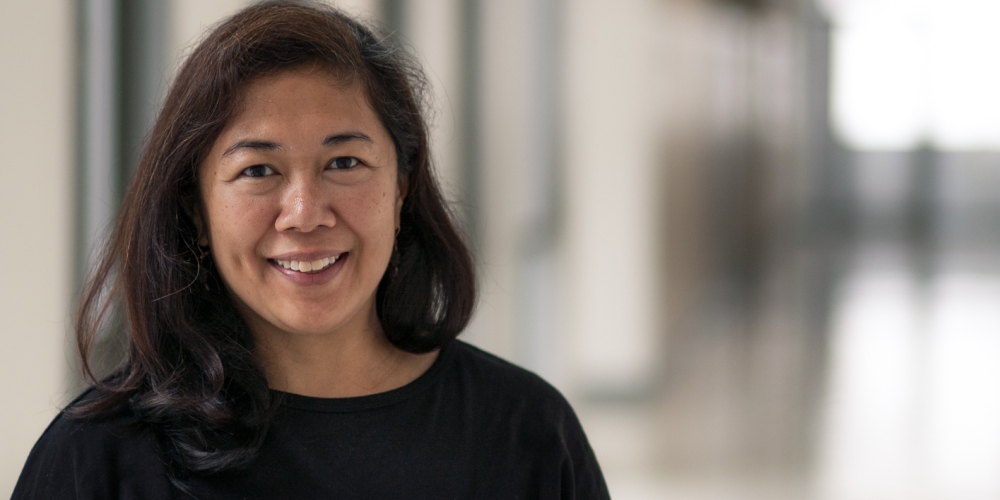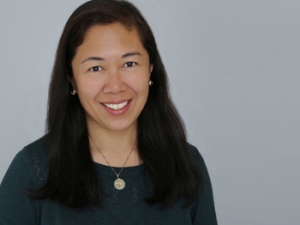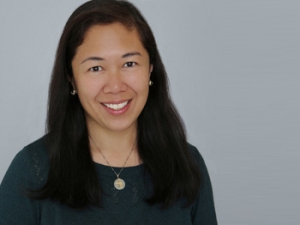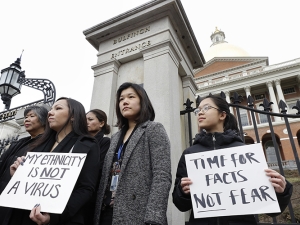

Research Bio
Catherine Ceniza Choy's most recent book is Asian American Histories of the United States (2022). The book features the themes of anti-Asian hate and violence, erasure of Asian American history, and Asian American resistance to what has been omitted in a nearly 200 year history of Asian migration, labor, and community formation in the US. It was named a Best of 2022 Nonfiction Book by Kirkus Reviews and Ms. Magazine; featured in the Carnegie Library of Pittsburgh’s 2023 National Day of Racial Healing book list; and selected as a nonfiction finalist for the 2023 Dayton Literary Peace Prize. In 2024, the Japanese translation of the book by Prof. Ayako Sahara was published by Keiso Shobo.
Catherine's first book, Empire of Care: Nursing and Migration in Filipino American History (2003), explored how and why the Philippines became the leading exporter of professional nurses to the United States. Empire of Care received the 2003 American Journal of Nursing History and Public Policy Book Award and the 2005 Association for Asian American Studies History Book Award. In 2023, she was the recipient of the Agnes Dillon Randolph Award. This award recognized her outstanding scholarship documenting the experiences of Filipino nurses in U.S. history and the importance of that history for understanding ongoing issues in health care, including the disproportionate impact of COVID-19 on Filipino nurses. Catherine's second book, Global Families: A History of Asian International Adoption in America (2013), unearthed the little-known historical origins of Asian international adoption in the United States beginning with the post-World War II presence of the U.S. military in Asia. She is currently researching and writing a book-length biography of Filipina food scientist and war heroine Maria Ylagan Orosa, who is most well-known for inventing banana ketchup. An engaged public scholar, Catherine has been interviewed and had her research cited in many media outlets, including ABC 20/20, CNN, Los Angeles Times, NBC News, New York Times, San Francisco Chronicle, Time, and Vox.
Research Expertise and Interest
Asian American history, Filipino American studies, race and gender, migration, nursing history, adoption studies, public impact research/scholarship, social justice research
In the News
Berkeley Talks: The Page Act and the US Immigration Control
Catherine Ceniza Choy Receives 2023 Agnes Dillon Randolph Award
Choy’s Asian American Histories Continues to Soar
Racist harassment of Asian health care workers won’t cure coronavirus
Featured in the Media
In her research, Catherine Ceniza Choy identifies themes around the violence, erasure and resistance Asians have faced throughout their histories in America.
In her new book, Asian American Histories of the United States, Catherine Ceniza Choy argues that the surge in violence against Asian Americans derives from the erasure of their lives over centuries.




